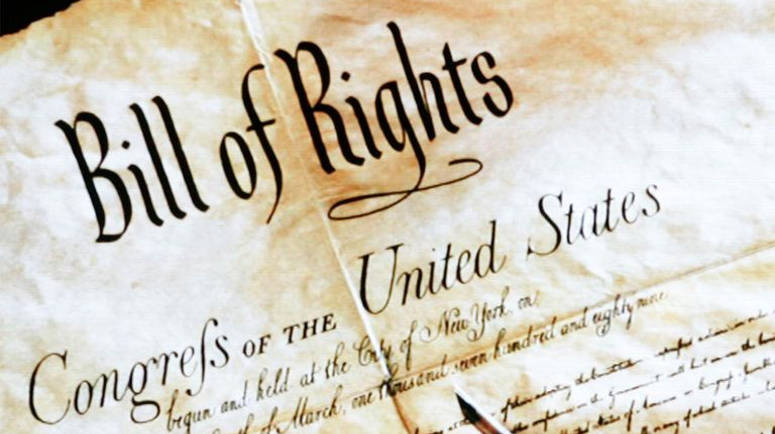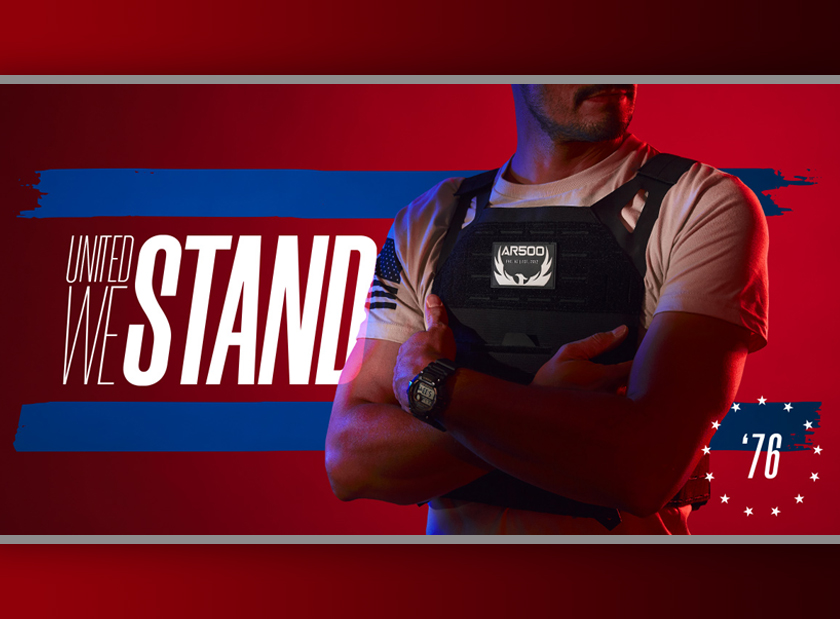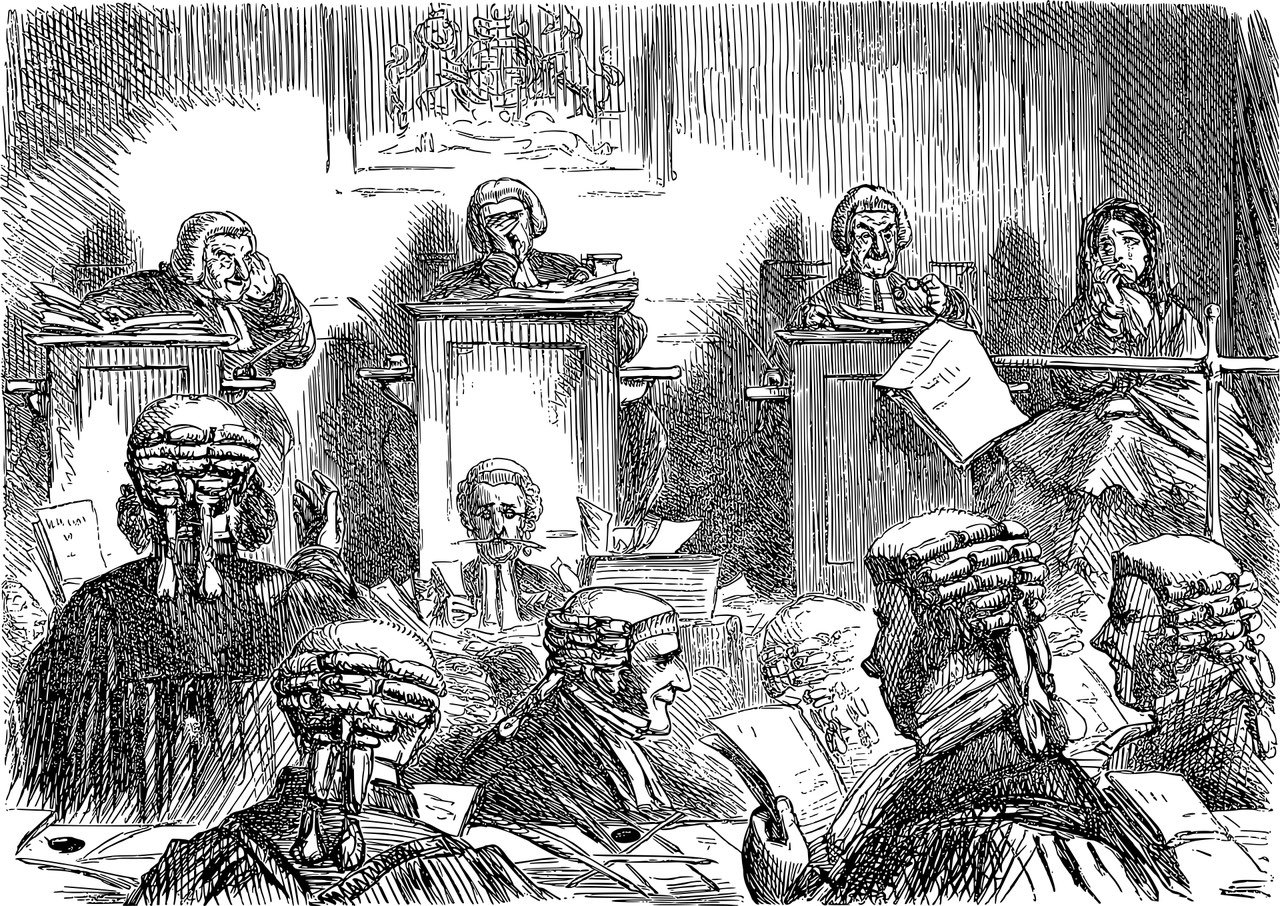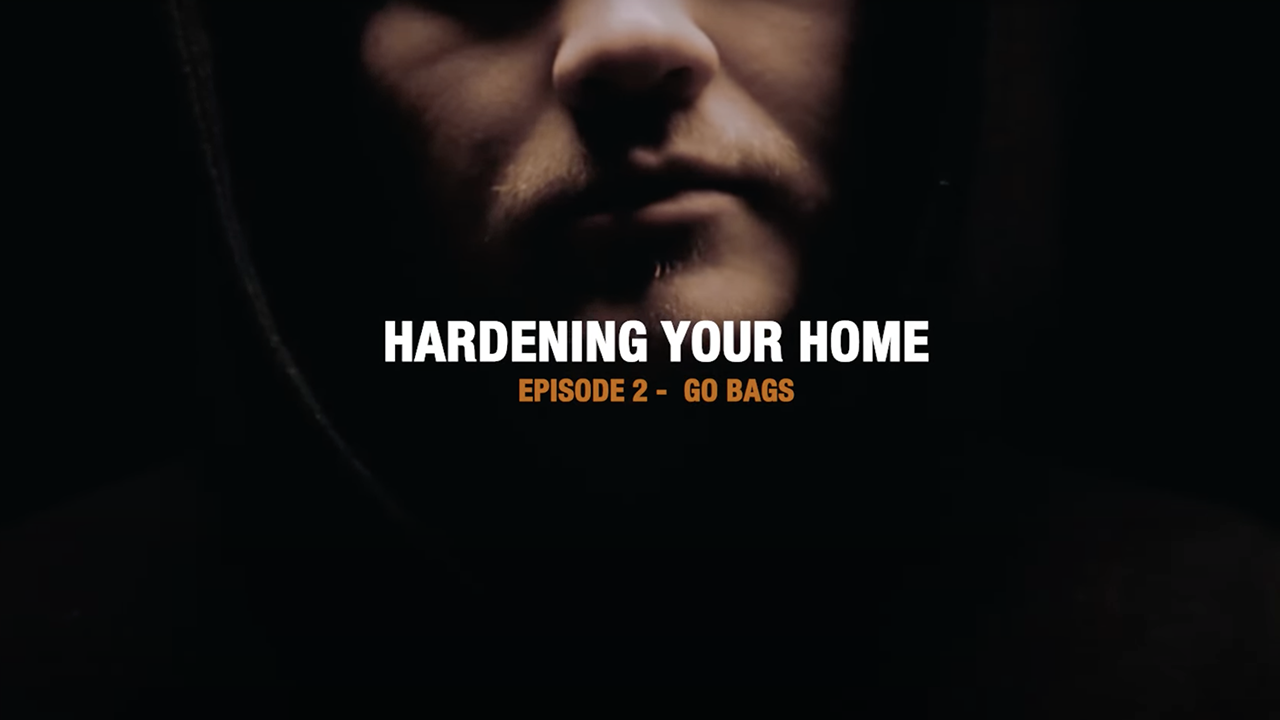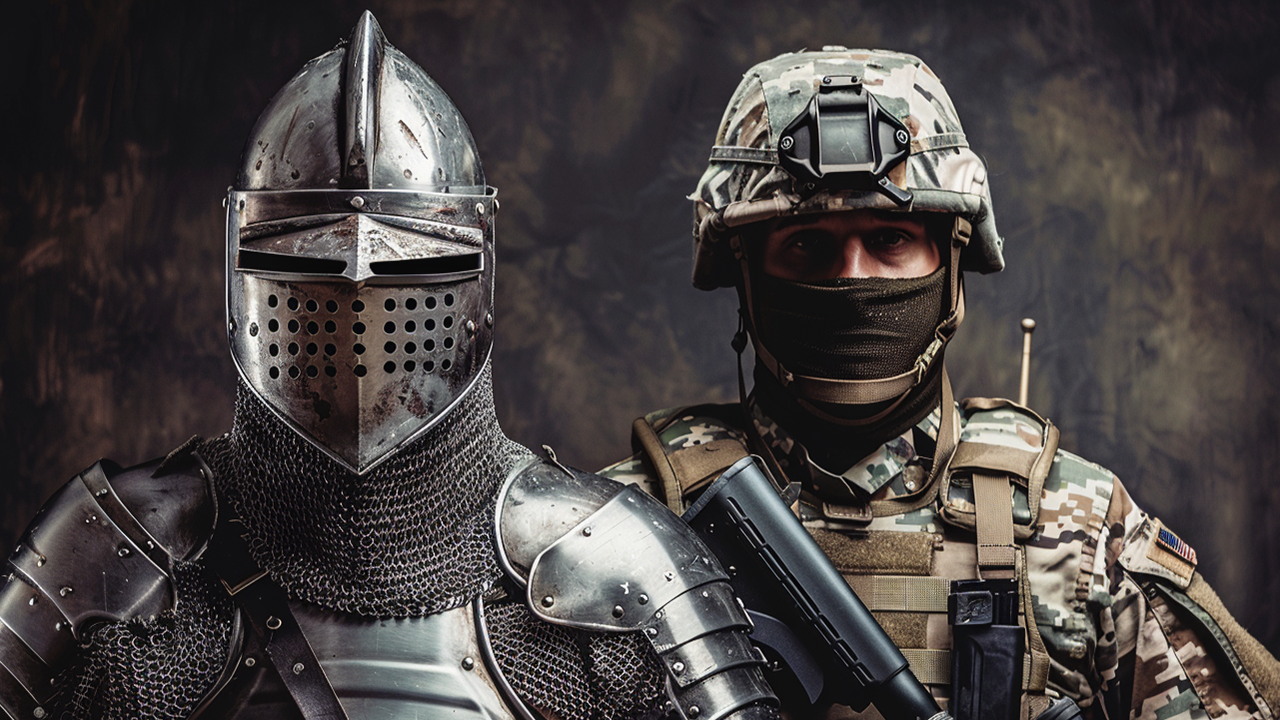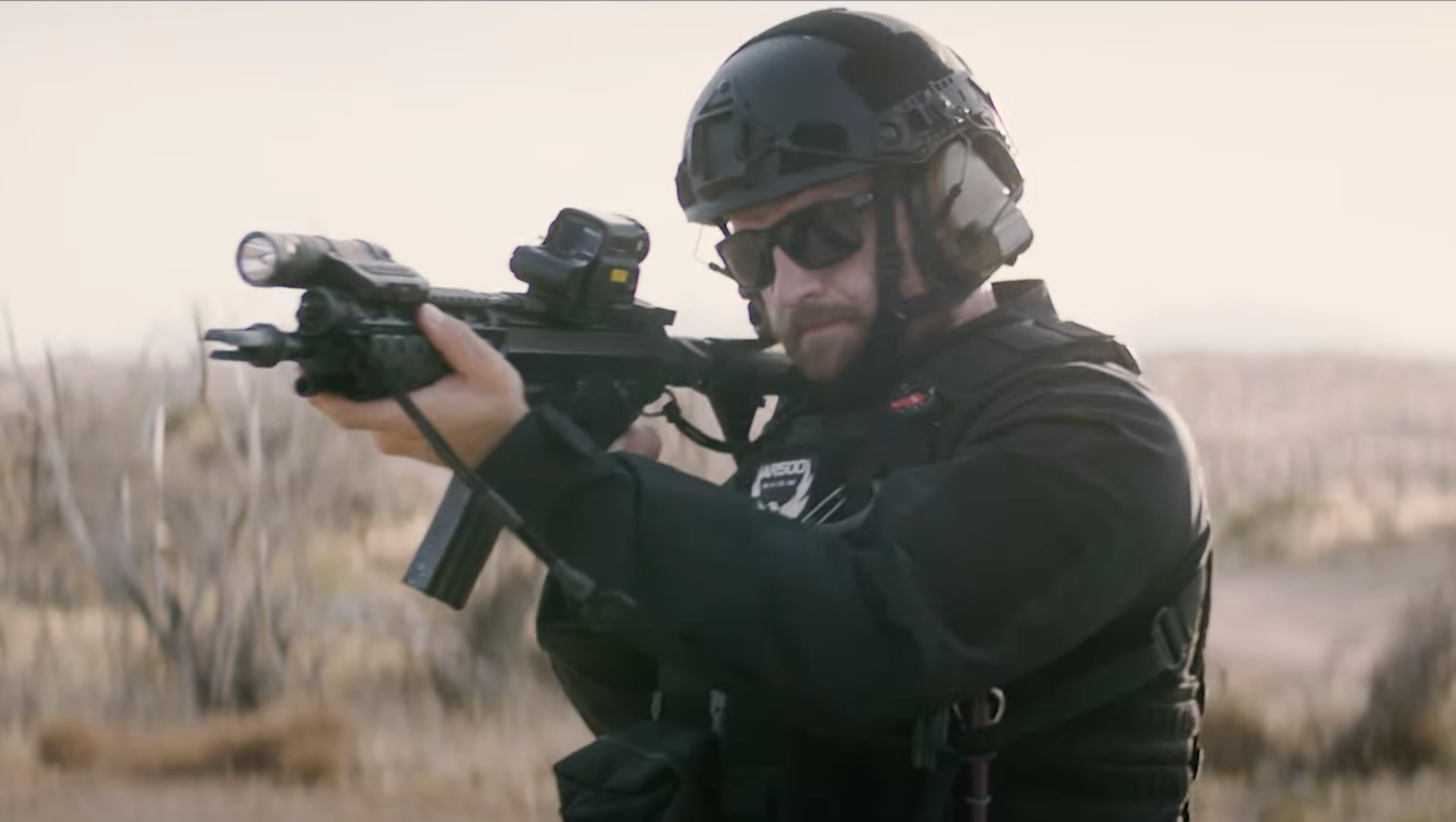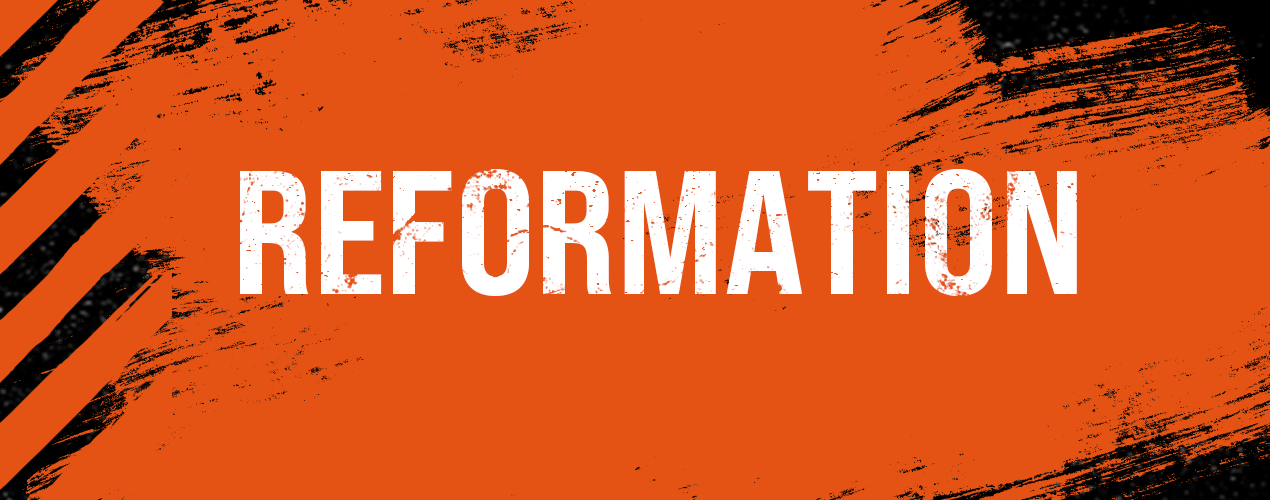The Right to Liberty
- Mar 25, 2021
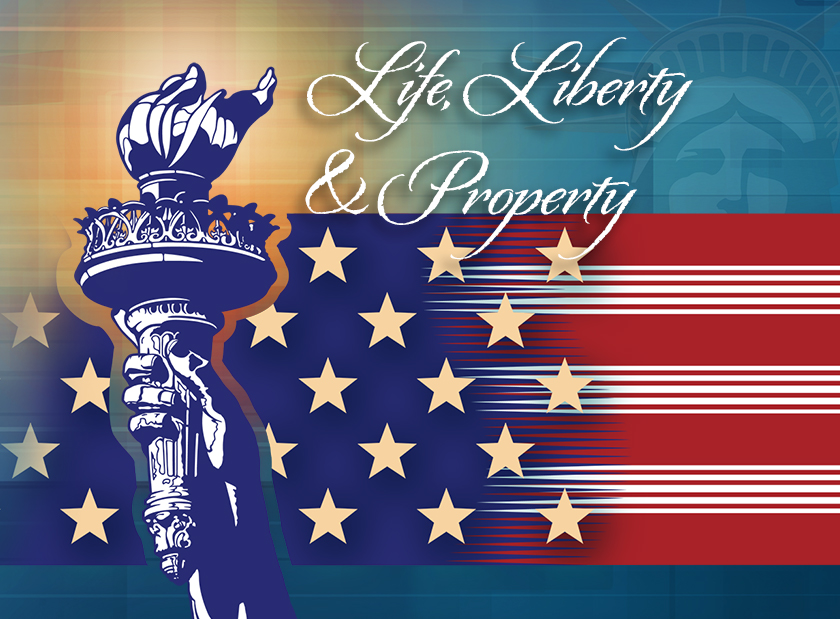
Over the past couple of weeks, we’ve covered how Property and Life are unalienable rights protected by not only our Founding Fathers via the Constitution, but also from God, who created us in His image.
Life, Liberty, and Property are unalienable, intrinsically interconnected rights:
- What good is Property without Life?
- How enjoyable is Life without Liberty?
- Without Liberty, can we really have a right to Property?
So why is liberty such an important concept that it’s considered an unalienable right?
What is liberty?
Broadly speaking, Liberty is the freedom to do what one wants, or freedom from captivity or restraint. There are obviously some limits to this, if not from a legal standpoint then certainly from a moral one. You may decide that you want your neighbor’s car, but local laws and the Ten Commandments say it’s wrong and you’ll be punished for it.
But Liberty is more than eating Oreos whenever you want or being able to petition the government for redress. Liberty also means spiritual freedom, not just the absence of despotism or tyranny.
God gives each man the freedom to choose between the good, which leads to spiritual life, or moral evil, which leads to spiritual death.
Give me liberty, or give me death
The exercise of all liberty comes with responsibilities and consequences, in the physical world as well as the spiritual world.
The way of life leads to true happiness. The way of death leads to misery and self-destruction. Freedom of choice is the most basic sense of human liberty. The Founders sought to preserve this foundational sense of the exercise of liberty and provide the political framework for holding individuals accountable when they harm others.
For, brethren, ye have been called unto liberty; only [use] not liberty for an occasion to the flesh, but by love serve one another (Galatians 5:13)
Moral evil affects not only the individual who chooses the way of death, it also affects all those with whom he comes in contact. The existence of moral evil is what prompts us to empower the state to punish crime. People choose evil; that is a reality we must acknowledge and against which we must fight. Ideally, the fight against corruption is a war of ideas, but this is not an ideal world, and sometimes we must fight evil physically.
Where the spirit of the Lord is, there is liberty
Isaiah the Prophet gives us a directive about how we are to engage with moral evil when he says:
“The Spirit of the Lord GOD [is] upon me; because the LORD hath anointed me to preach good tidings unto the meek; he hath sent me to bind up the brokenhearted, to proclaim liberty to the captives, and the opening of the prison to [them that are] bound” (Isaiah 61:1).
The proper use of freedom will bring unity and happiness, while the improper use of liberty will bring disunity and discontentment. Now, more than ever, we have a responsibility and opportunity to use our liberty for the good of ourselves, our families, communities, and the nation.
